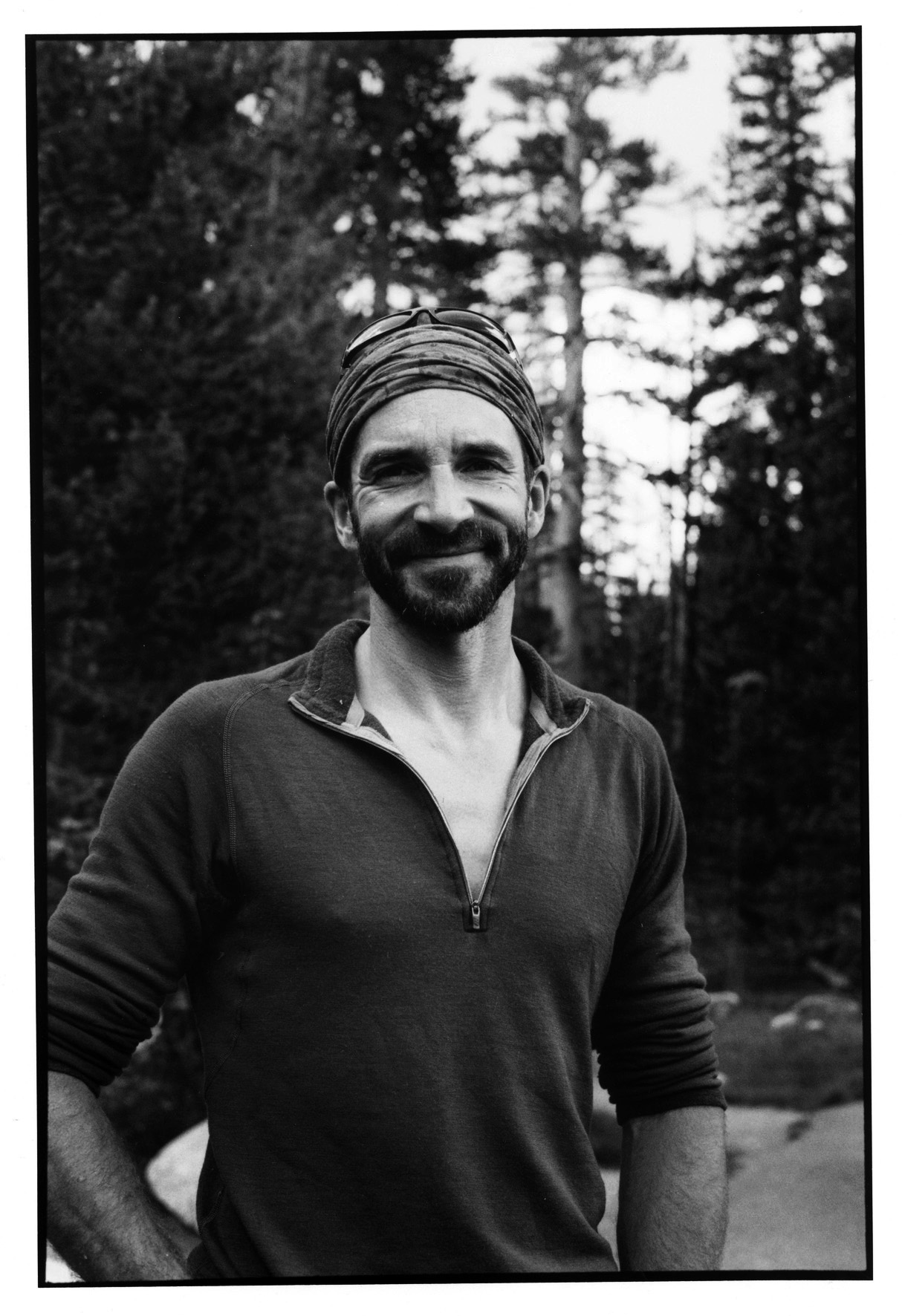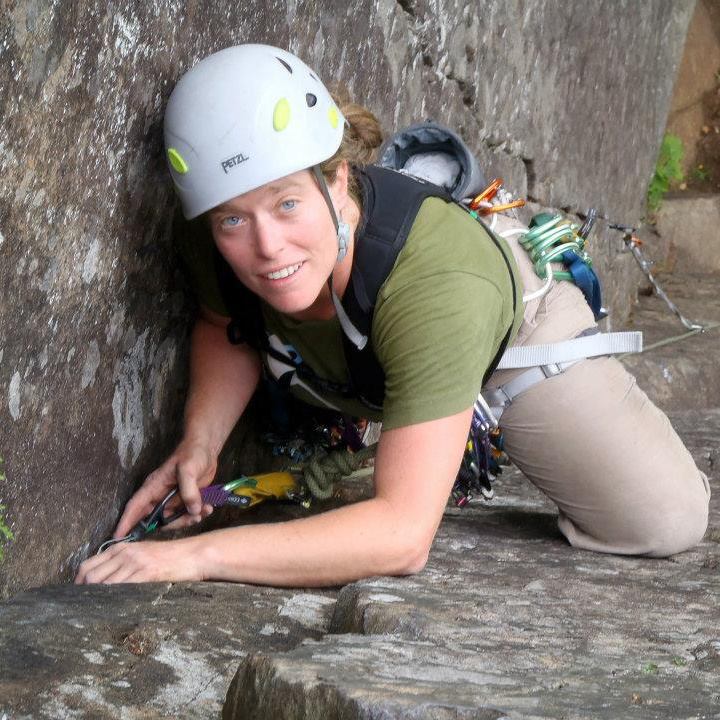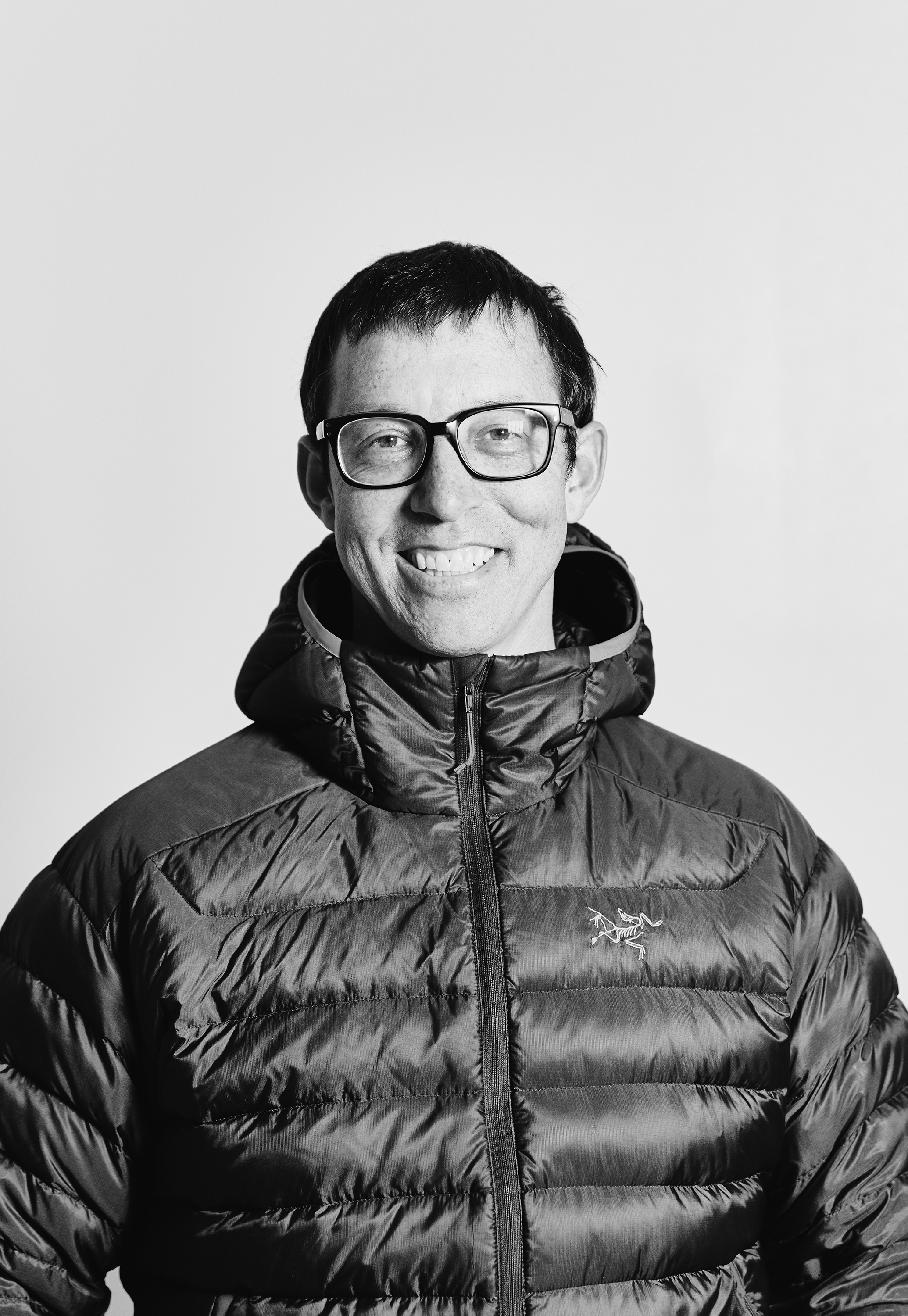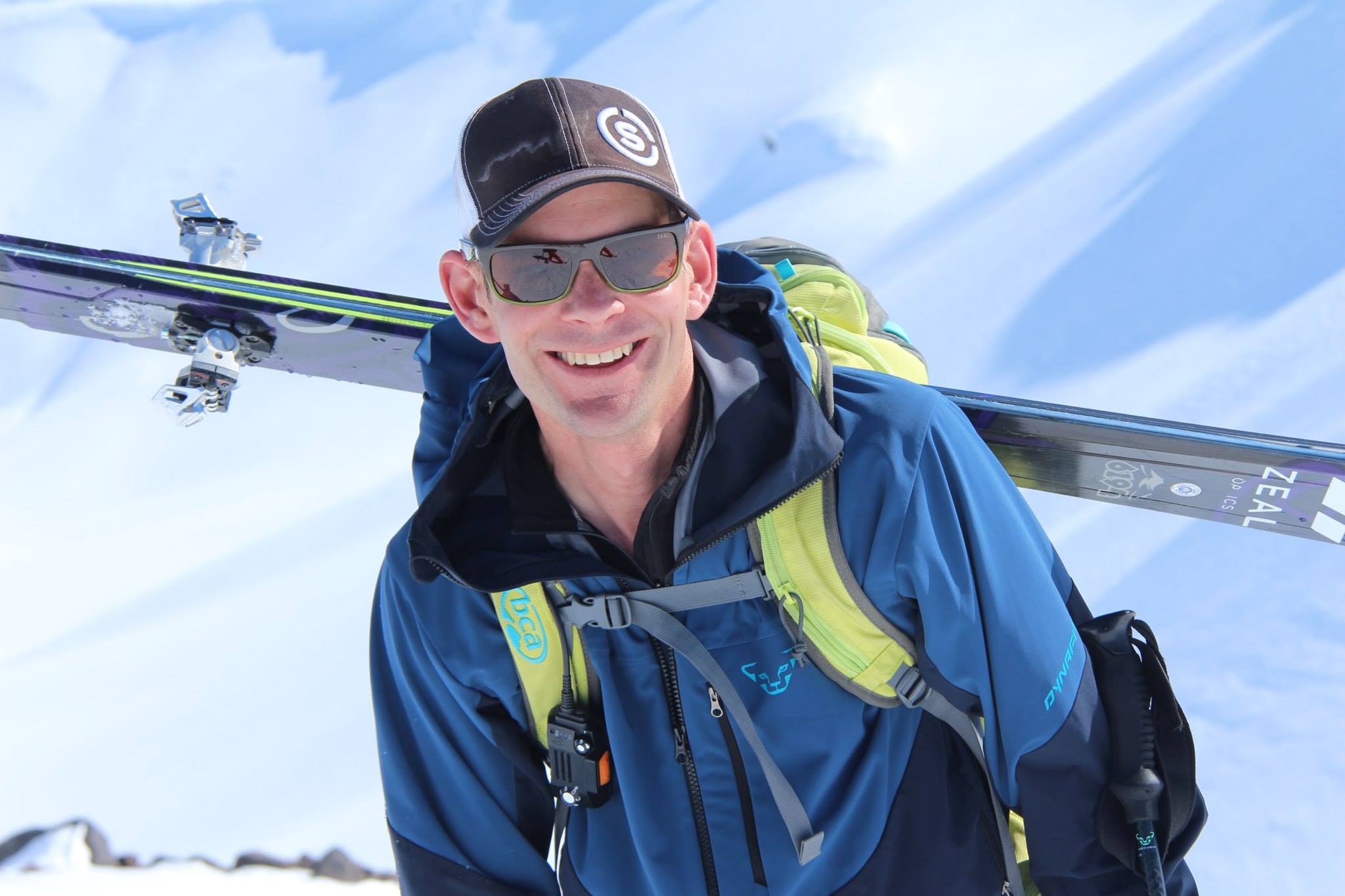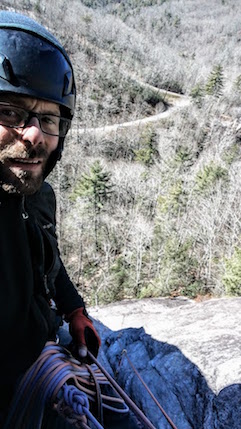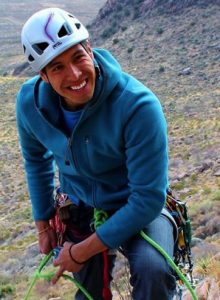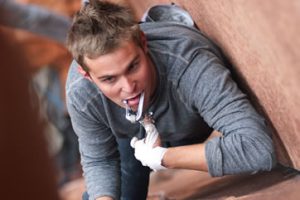Dealing with Performance Anxiety, Children: Part III
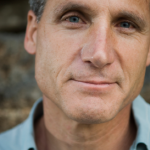 By Arno Ilgner, Certified SPI. This is the third in a series of articles on how guides can deal with performance anxiety. Read the first post and the second post.
By Arno Ilgner, Certified SPI. This is the third in a series of articles on how guides can deal with performance anxiety. Read the first post and the second post.
It’s important for children to be active, participating in some physical activity, to create healthy bodies and minds. Physical activity engages the body and helps it grow. Physical activity also grows the mind, creating confidence. Parents often register their children for climbing courses to accomplish these physical and mental goals. Guides are then faced with teaching youngsters, such as teenagers, how to climb when they aren’t motivated to climb. They may also not want to climb because they think they won’t be able to climb well and make a fool of themselves in front of others.
Teenagers are playing a balancing act. They’re balancing the creation of an ego identity with a desire to learn. Their egos’ value is tied to achieving end results, like performing well and succeeding.
This can create performance anxiety prior to climbing and panic when they’re climbing. In the former situation instructors need to find ways to get them engaged; in the latter situation instructors need to find ways to help them focus on climbing. Either of these is difficult because teenagers tend to withdraw within themselves. They can tend to resist being open with us because they don’t want to be criticized. They feel that revealing why they don’t want to climb or why they panicked will make them look weak and that image will damage their egos.
As instructors, we struggle with finding ways to deal with teenagers who won’t open up and express themselves. We can’t help them if we don’t know what is bothering them. But don’t we already know what is bothering them? We know they’re in the process of creating an ego identity that is motivated by succeeding.
Instead of focusing on getting teenagers to open up and explain to us why they are anxious or panicked, we should focus on shifting their motivation, from looking competent in front of others (end results) to embracing a slow learning process. Instructors must continue to talk, coach, and act in ways that demonstrate a slow learning process rather than achieving goals quickly.
For example, if they don’t want to climb, then just get them to work with the gear, such as putting on the harness and shoes. Show them how the belay process works. Then, pick a small increment for them to climb. Instead of insisting that they have to climb to the top, ask them if they’re willing to climb half way up. If they say no, then find a smaller increment until they say yes. They’re evaluating the possibility of being successful and if you make the increment small enough that they know they will succeed then you’re likely to get them engaged. Also, those that get to the top shouldn’t be congratulated for “succeeding.” You should point out what they did well during the effort of climbing. This is called process coaching. Such process complements can be given evenly to participants who make it to the top and others who don’t so both feel competent.
If they are engaged in climbing and panic then direct their attention in ways that help them process stress such as breathing and relaxing. You can also ask them to look down at their feet/hands, where the last hand hold was, or the next one is. Doing this shifts their attention from panic to climbing, so they get their attention back in problem solving mode. Being successful in making such shifts are great opportunities for complementing them.
The goal is to shift their motivation and we accomplish it by manipulating their attention. We know they’ll focus on looking competent in front of others so their ego remains intact. So, we simply shift their attention to processes they need to be focused on during climbing. As instructors, we need to make sure that what we emphasize is a slow learning process. Coach the processes they’ll be engaged in, not whether or not they achieve the end result.
Arno Ilgner, of The Warrior’s Way ® / Desiderata Institute, says the intention of his organization is “to help people improve self-awareness so they can become more powerful when interacting with challenging situations, whether they are challenged by a demanding rock climb, operating a competitive business, being a better teacher, or more present parent.”Learn more on their website.


